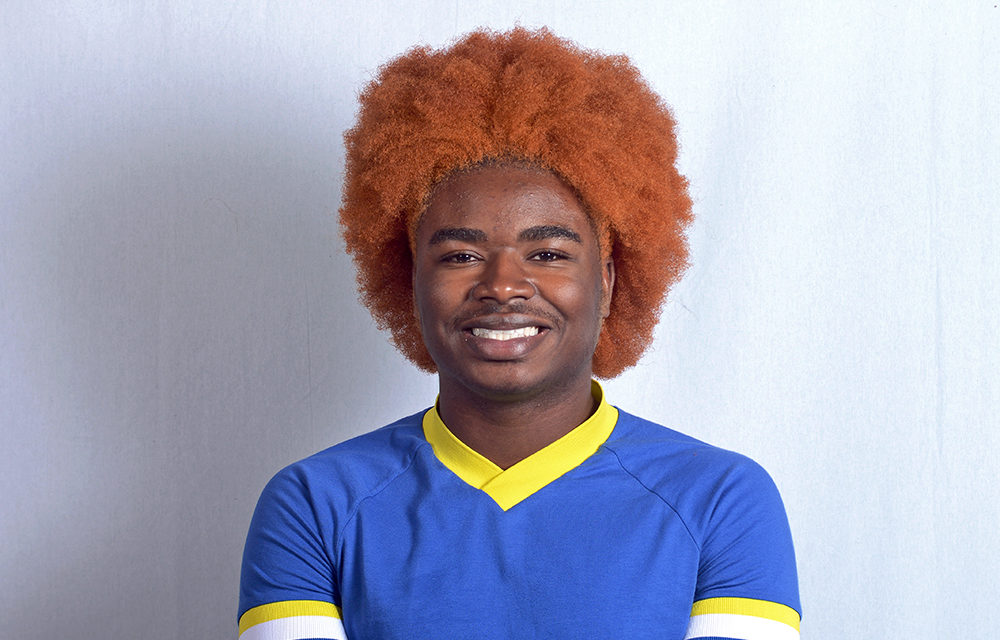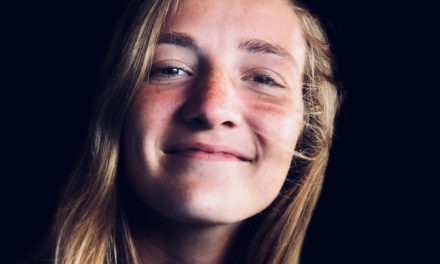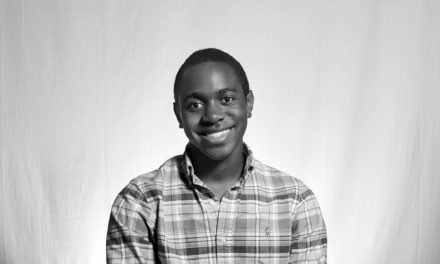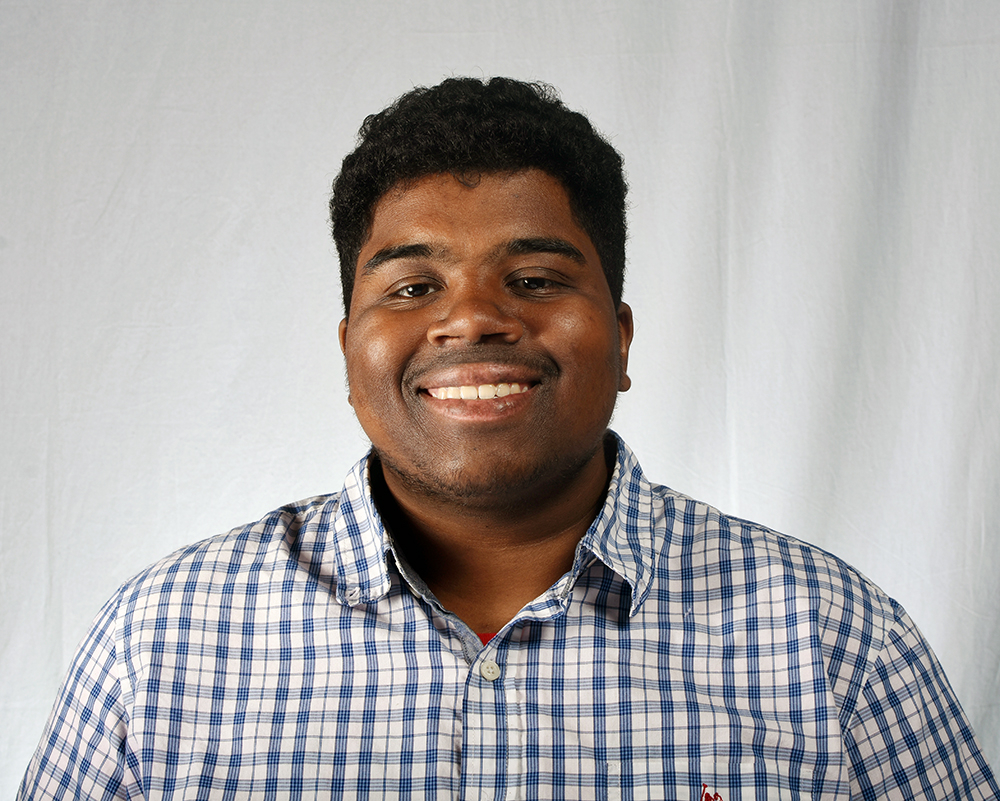Brandon Loyd | Correspondent
Seeing a career for myself as a queer black journalist 15 years ago would’ve been as difficult as catching up on all six seasons of Game of Thrones in a week. Everyone would tell me that this wasn’t only impossible, but impractical.
But like binge-watching Game of Thrones, making a dream come true is full of tears. Luckily I live in an age where I can see the person I want to be, doing what I want to do successfully.
Interviewing and speaking with New York Times bestselling author Michael Arceneaux when he came to speak at NC State was like seeing a light at the end of the gay tunnel. He is a gay, black Texan, well-understood by his adamant Beyoncé stanning and his favorite food (fried alligator).
His book “I Can’t Date Jesus: Love, Sex, Family, Race, and Other Reasons I’ve Put My Faith in Beyoncé” has been uber successful. This is not in spite of its honesty on Michael’s life and perspective, but because of it. I often fear that no matter how strong my work ethic is, my honesty will make me a starving artist buying ramen in bulk as I write jokes for a comedian I hate in an apartment that I’m three dollars away from being evicted from.
Seeing Michael in person, in all of his unapologetic gay black glory, banished a bit of my restraint in my own writing and worries about success. I asked him about how he himself writes content that may be seen as vulgar for publication without feeling a sense of hesitation.
He answered, “I don’t think I’m necessarily crass, so I write about sex honestly and what I’m comfortable with. So I can’t really concern myself with what other people think. If people don’t wanna read it they don’t have to. I like to think you know what you get when you read me, so they’ll be alright.”
I might’ve found hesitation in just saying that out loud, knowing I was being recorded, but Michael isn’t afraid of his image. Probably because he isn’t battling with it. He’s embracing it.
When I asked him if Beyoncé helped him accept things about his identity, he responded, “It got me to loosen up, so that was the soundtrack of me being more open and honest and less ‘whatever’ when I went to New York to intern. So when you make that connection to somebody and then plus the Houston thing, we together forever, which is why I’m still mad at Jay-Z sometimes. But we need to forgive because she’s forgiven him, but I’m on the record so I know to say that.”
The table erupted in laughter at the forgiveness bit. I conducted this interview at a Mexican restaurant at a table with other people who are well-versed in Beyoncé lore, so we all get it. Most of us are queer and/or black too.
A friend at the table asked him if he finds it difficult being gay in black spaces and black in gay spaces.
“For the most part, I’ve always been like myself,” Michael said. “I think a lot of times me being uncomfortable was a bigger burden than them. Like when I came out at Howard, the other gay dudes were not out so they weren’t really welcoming. That was really weird, but as far as black people, usually that’s who I’m around, that’s who loves me the most, so yeah I’m usually comfortable, ‘cus it can pop off anywhere. That’s the Houston part in me.”
He then released a hearty laugh that made him all the more human, all the more present, and all the more, me?
I don’t want to say I am him or he is me, like every queer black existence is monolithic. And I don’t want to make myself seem as great as him. I have lots to prove.
But I can see myself in Michael. Sometimes I don’t even think I’ll graduate, but he did. He graduated a year late and got to hear Oprah speak at his graduation, so maybe I’ll do the same? Maybe not the Oprah part, but regardless I’ll find myself in the places I desire to be, because he has done it.
He recalled Oprah’s presence making him feel as if his credit score rose, but that’s how I feel about him. I may be driving a 2002 Honda Civic with engine issues, but seeing him driving past me, all smiles in a Tesla fresh off of Elon Musk’s press makes me feel like I can too.
I asked him how he would compare being gay and black in college now to how it was during his time in college. He responded, “It seems like it’s better, but I think you would be a lot better tellin’ me.”
So I’ll say this, it’s scary. I’m a bit afraid, but I’m granted a lot more protection than queer students of color were ten years ago. And because of writers like you, Michael Arceneaux, I’m assured that my queer black identity isn’t a death sentence.





